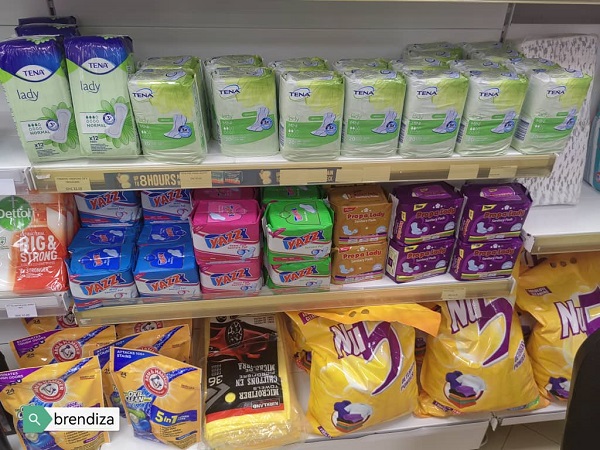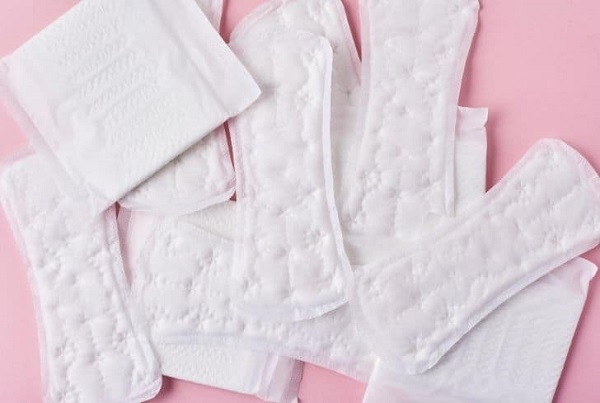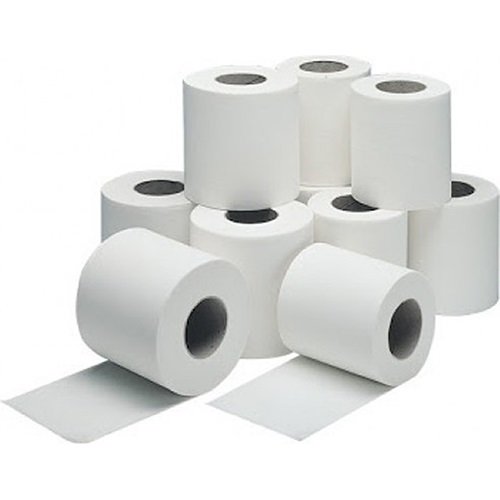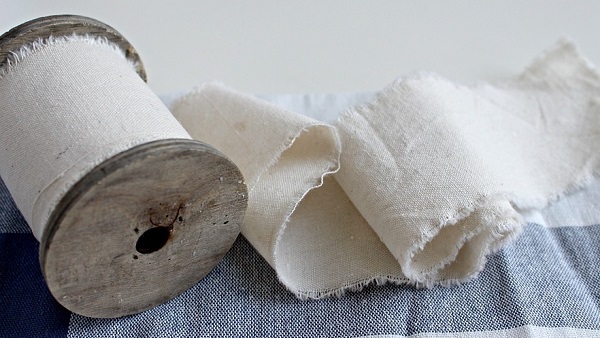
High cost of sanitary pad: Women go in for old clothes, calico and toilet rolls
Some females are going back to the use of old clothes, toilet rolls and grey baft fabrics for their monthly periods (menstruation) due to the high cost of sanitary pads.
Advertisement
For those who are now using old clothes, it comes at a cheaper cost than the sanitary pads which cost an arm and a leg.
In a chat with The Mirror , some students, traders, food vendors, head porters (kayayei) in Accra lamented that some of the low branded pads, which were sold on the open markets and at corner stores between GH₵ 3 and GH₵6, were now being sold between GH₵18 cedis and GH₵25.
As for the premium brands, some are as high as GH₵130 at the malls and supermarkets. These were products which were not more than GH₵15 last year.
A student at the University of Ghana, Elizabeth Coffie, said in the past, she and her roommates used to contribute money to buy in boxes from Okaishie in Accra to share.
“All we do is to contribute GH₵25 each and we buy the box for GH₵100 and share it among four of us. What we get as individuals often last for the semester. Last week, when we went to town, the same pads we were paying GH₵100 for was now about GH₵350.”
Ms Coffie said as a result of the price increase, they decided to buy some toilet rolls instead of the sanitary pads.

“Unfortunately, one of my colleagues complained that she was having some reactions in the form of rashes as a result of the use of the toilet roll,” she mentioned.
A group of head porters who sit around the Accra Brewery told this reporter that some of them went to Kantamanto Market to buy some of the old clothes which were often used for car dusters to use during their periods.
One of the head porters, Talata Django, explained that “you can get some of the used clothes as low as 50 pesewas at the dawn market then you cut them into pieces and use instead of the pad which we can no longer afford. Besides, you can wash them and keep them for the next month.”
A food vendor at Cowlane, Hajia Amina Yakubu, told The Mirror that she used to buy sanitary pads from the wholesalers at Accra Central for about 15 young girls who helped her in the preparation and sale of ‘waakye’ and ‘tuo zaafi’.
“I was doing that gesture for them because I believed in good body care. You can’t be selling food and have girls staining their clothes because they can’t afford common pads. Besides, I also have children and grandchildren who I often buy these sanitary pads for, so I decided to include my workers as ‘sadaka’. However, with the increase in prices, I have asked them to buy their own pads which is a big challenge to some of them.”

A baker at Adabraka, Madam Norley Tetteh, disclosed that she and her girls washed some of the empty bread flour sacks which were cotton-like and used them.
“My grandmother taught me how to use this since I was a teenager and it has worked for me. Therefore, I introduced my daughters but because of peer influences in school, they abandoned it for the pads. But now they are expensive and so they have come back to their senses. I told them, I can’t give extra money for pads as a single mother. You either join what I use or you are on your own,” she stated.
At the Nima Market on Tuesday, Hajia Rabiatu Futa, who sells fabrics and sewing accessories, disclosed that a lot of young women were now buying the grey baft fabrics to use for their monthly period since they are reusable.
According to her, a yard of the grey baft is not more than GH₵ 10, however, an ordinary pad is GH₵20 and you would end up disposing of each one after use.
Menstrual tax
According to a report by the World Health Organisation (WHO), menstruation is the regular discharge of blood and mucosal tissue from the inner lining of the uterus through the vagina. On average, women and young girls will have 450 menstruations over their lifetime, which equals 3,500 days spent menstruating and requiring over 10,000 menstrual products in one’s lifetime.
It is estimated that every woman/adolescent girl, who menstruates 450 times in their lifetime; spent an average of USD$20 on menstrual products per cycle, which totals USD$9,000 over their lifetime.
Governments over the world are working to reduce this burden on women by letting go of taxes on menstrual products, however, Ghana, a country that has a population of more women than men, continues to tax menstrual products.
Menstrual products are either produced or are imported into the country.

In reference to Excise Duty Act, 2014 (ACT 878), as amended by Excise Duty (Amendment) (No.2) ACT, 2015 (ACT 903) section 1, Excise duty is payable where the goods are (a) manufactured in the country; or (b) imported into the country.
Section 2 of the act talks about exempt goods and nothing contained under the section refers to menstrual products as being exempted from excise duty, whether being imported or being manufactured in the country.
Ghana operates five-band tax rates for goods imported into the country in line with ECOWAS Common External Tariffs.
Menstrual products fall under band four [finished goods (final consumer goods)], and that is subject to a tax rate of 20 per cent. Menstrual products, which are not exempt from excise duty, are further subjected to VAT in line with Act 870, at the current rate of 17 per cent.
While Ghana continues to tax menstrual products, more than 26 countries in the world apply zero rate on menstrual products, and 16 countries apply a reduced rate on menstrual products.



